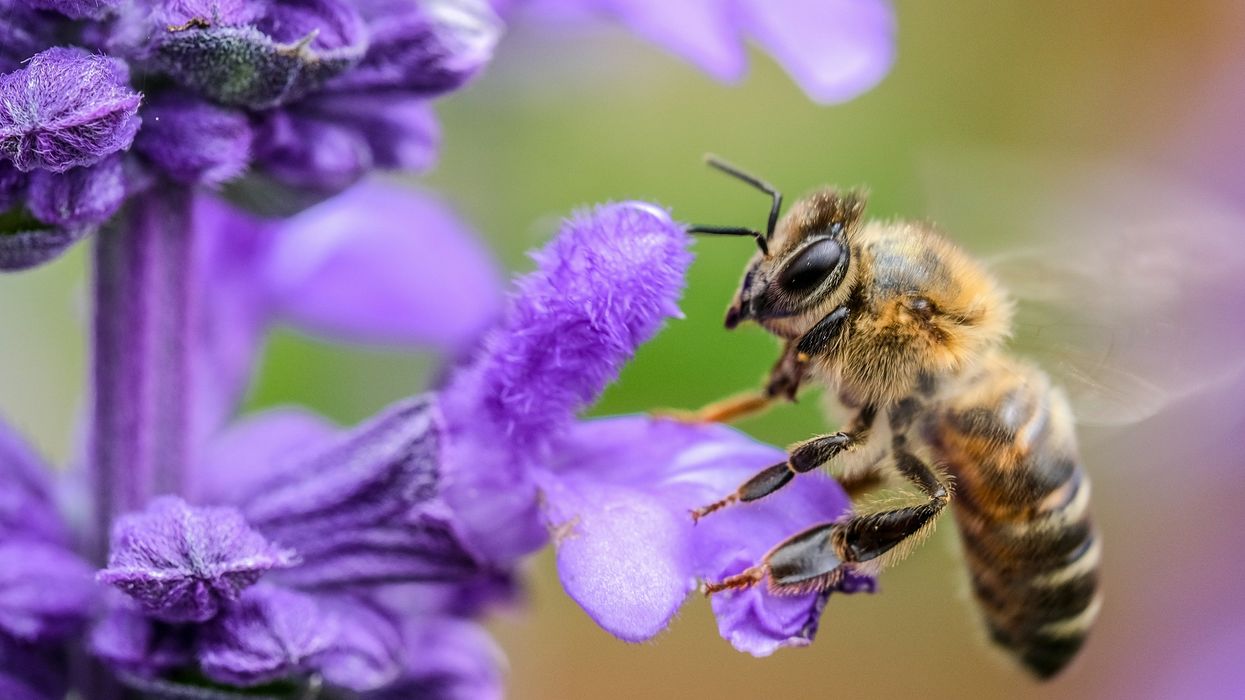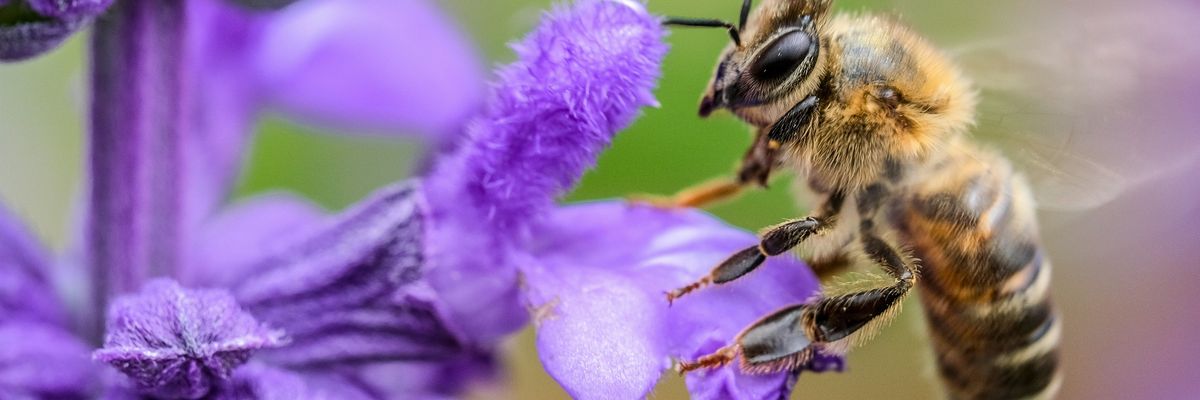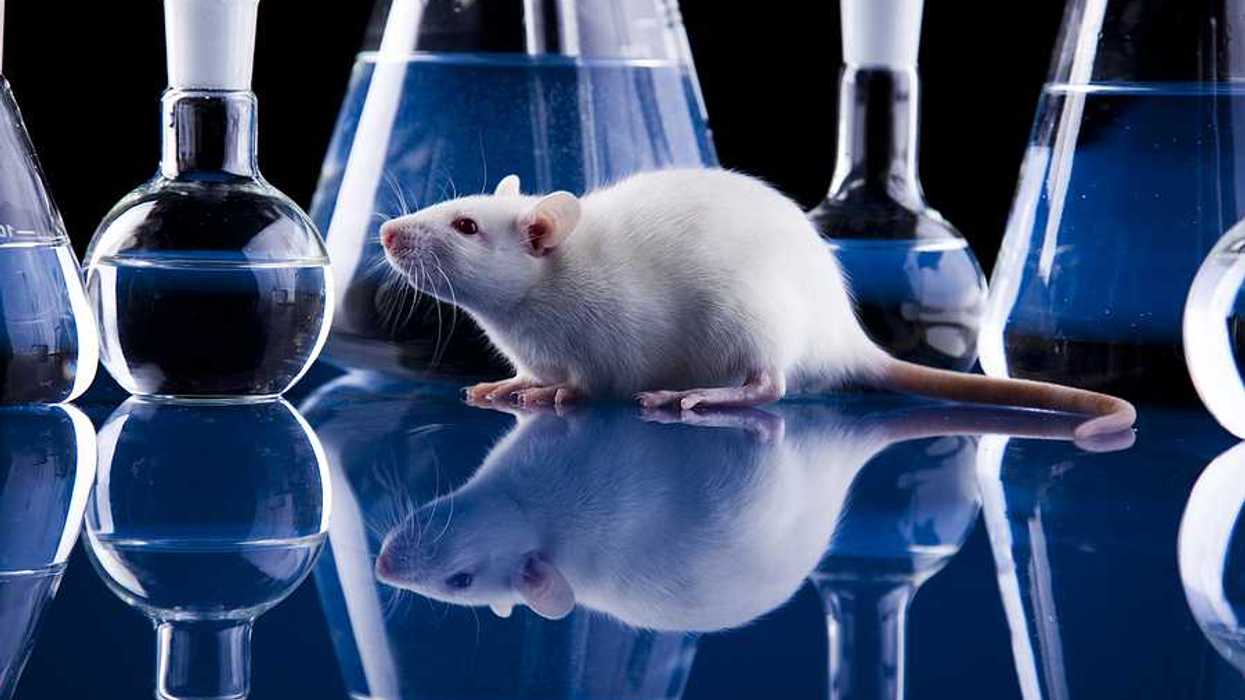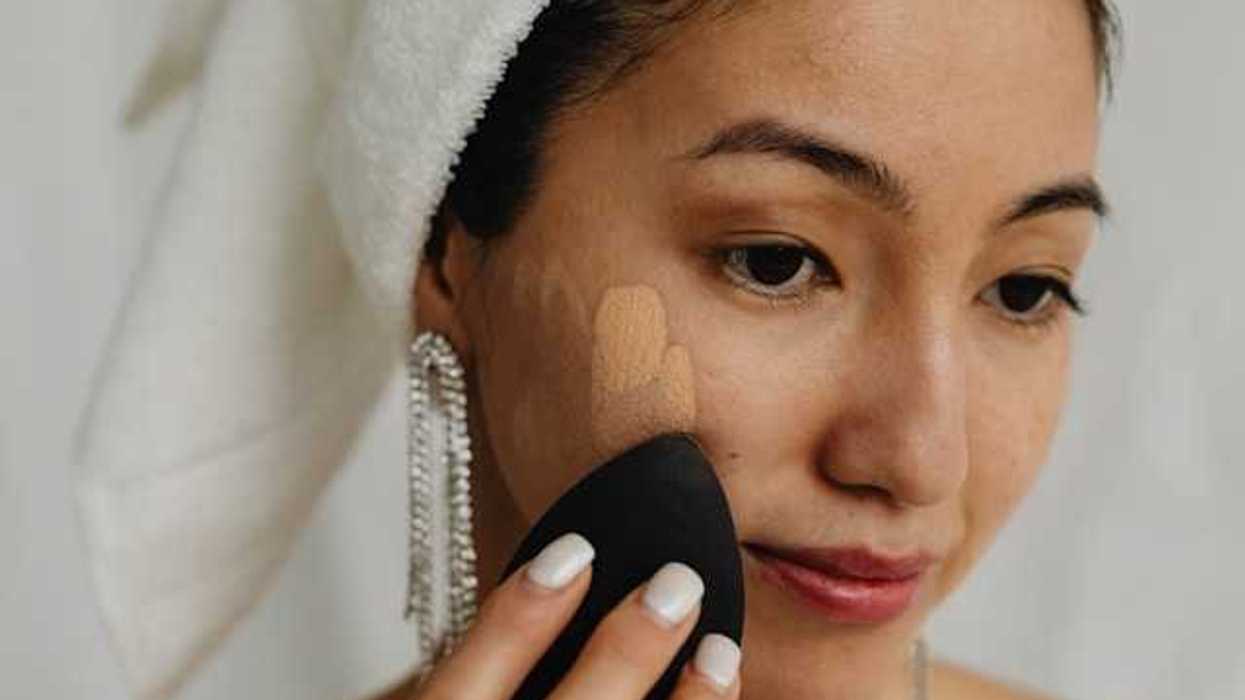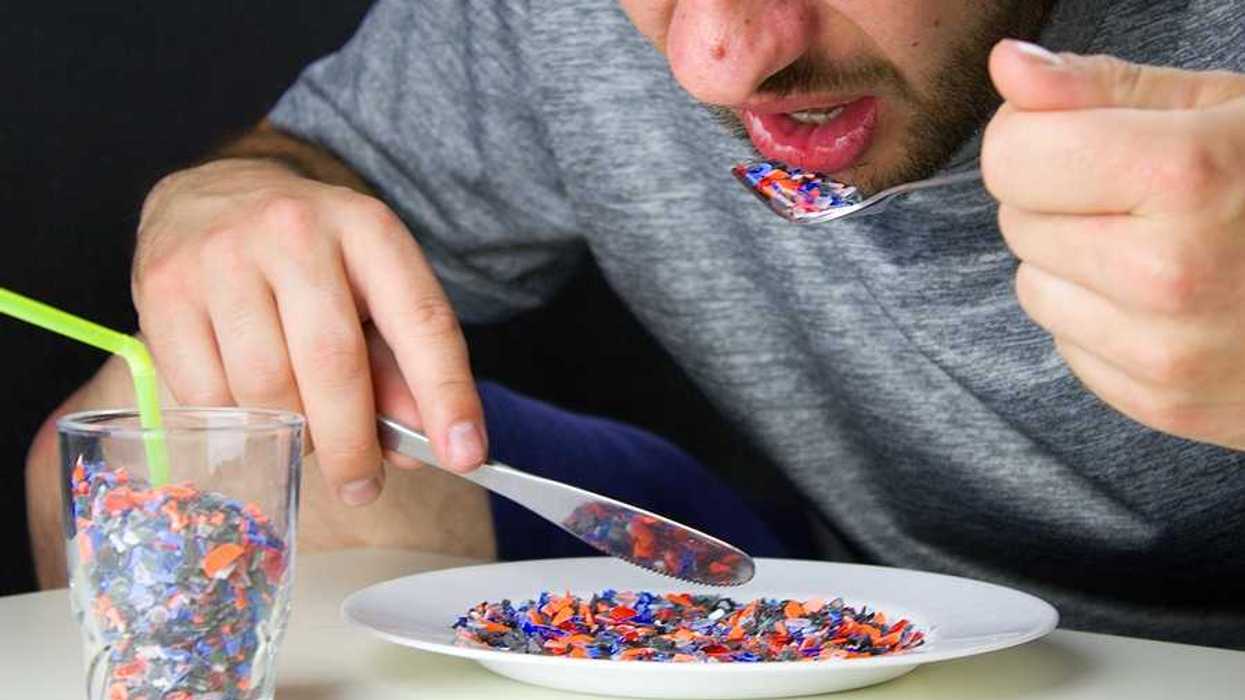The pesticide sulfoxaflor - a common substitute for toxic neonicotinoid pesticides - harms bees’ reproductive health, according to a new study published in Chemosphere.
In short:
- Sulfoxaflor impaired bee reproduction, reducing the frequency of mating behaviours by 36% and mating success by 43%.
- The pesticide also reduced sperm quality by 25%.
- These findings suggest that the pesticide alters bees’ central nervous systems, potentially also impacting their cognitive, sensory, and motor abilities.
Key quote:
“More accurate assessments of pesticide exposure, toxicity, and risks are urgent to fully grasp their potential harm, support science-based regulatory decisions, and finally minimize inadvertent negative effects on our ecosystems.”
Why this matters:
Wild bee populations are important pollinators for many crops, making them essential for maintaining viable agriculture and stable ecosystems. While bee populations are declining for unknown reasons, studies like this show the likely role of pesticides in that decline. The results of this study add to the evidence of pesticides’ diverse negative impacts on bee populations, and the authors highlight the need for regulations that better protect pollinators and minimize ecosystem damage.
Related EHN coverage:
- Pesticides may be contributing to the disappearance of bees across the US
- Citing birds and bees, groups petition EPA to close pesticide loophole
More resources: New York’s Empire State Native Pollinator Survey found that 38% of New York’s native pollinators are at risk of extirpation from the state; in the worst-case scenario, as much as 60% of the native insect pollinators may be at risk. See more coverage here: Neonicotinoid restrictions aim to save New York's native pollinators. As seen in the study above, pesticides used as replacements to neonicotinoids may be harmful as well.
Vélez-Trujillo, Luis et al. for Chemosphere vol. 377. May 2025

